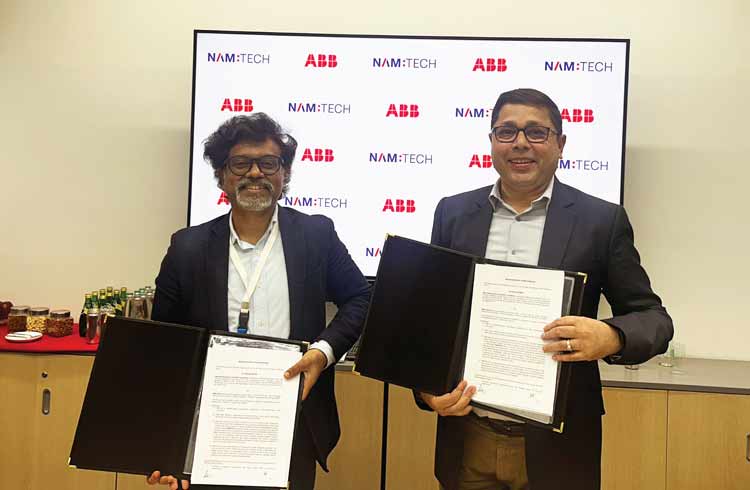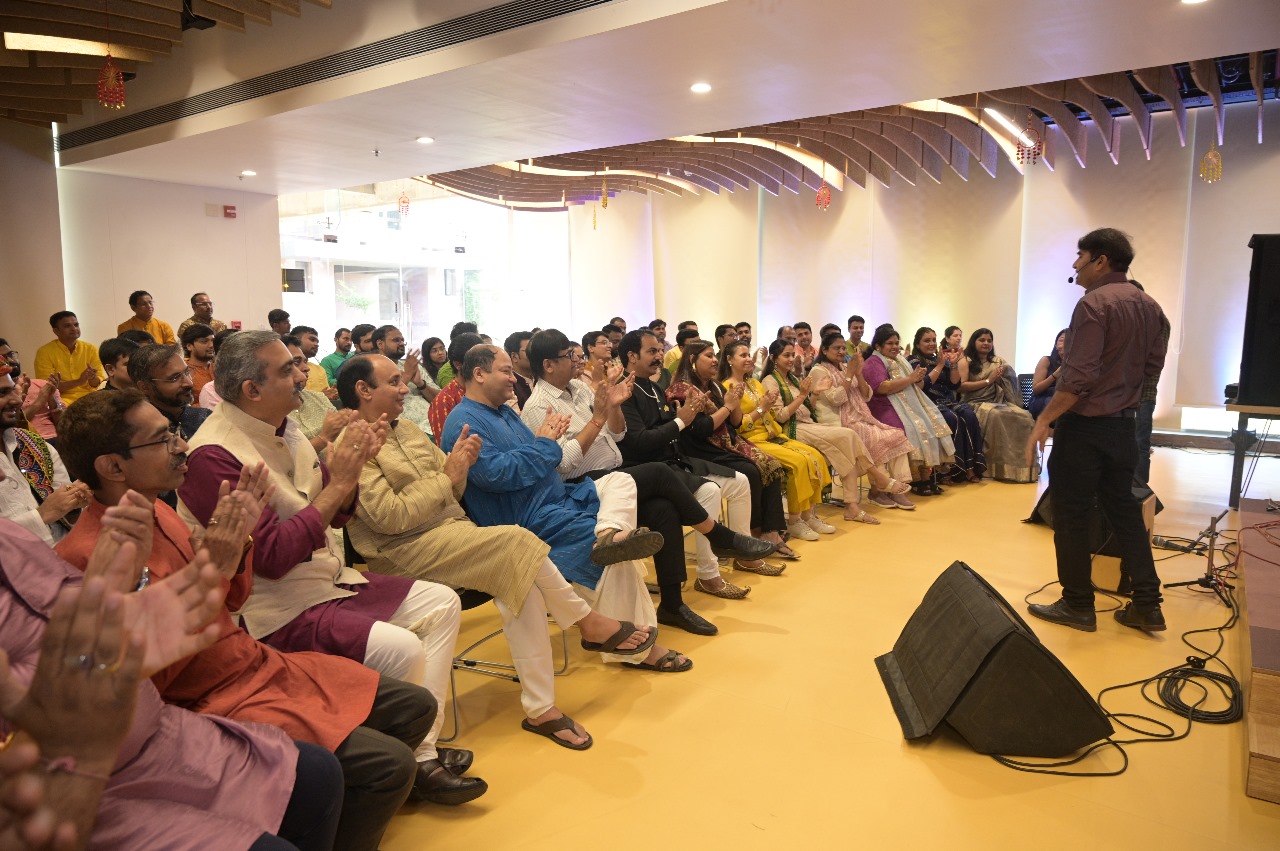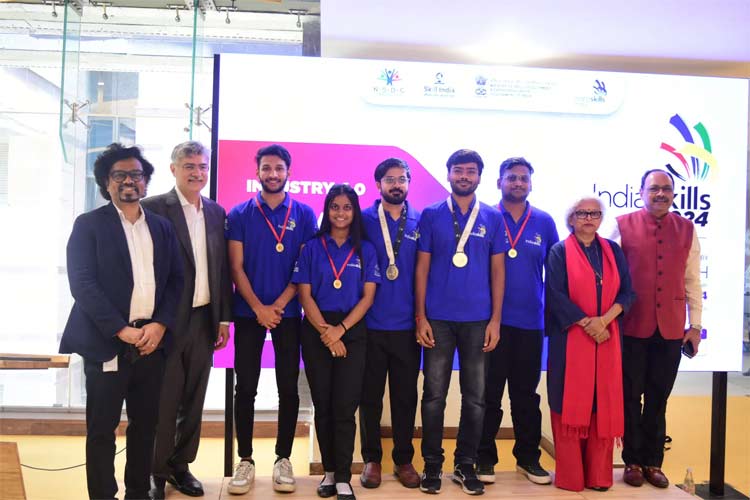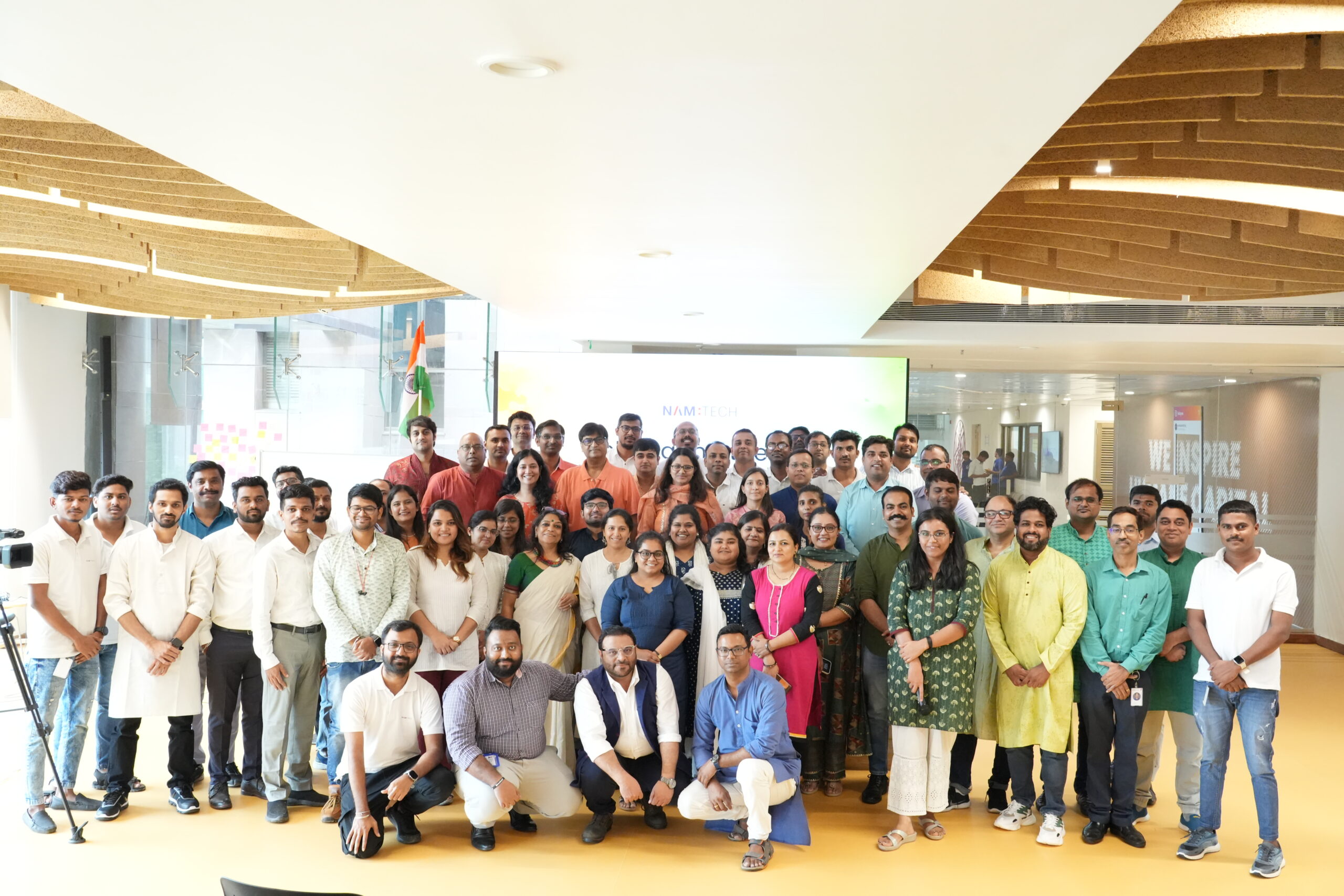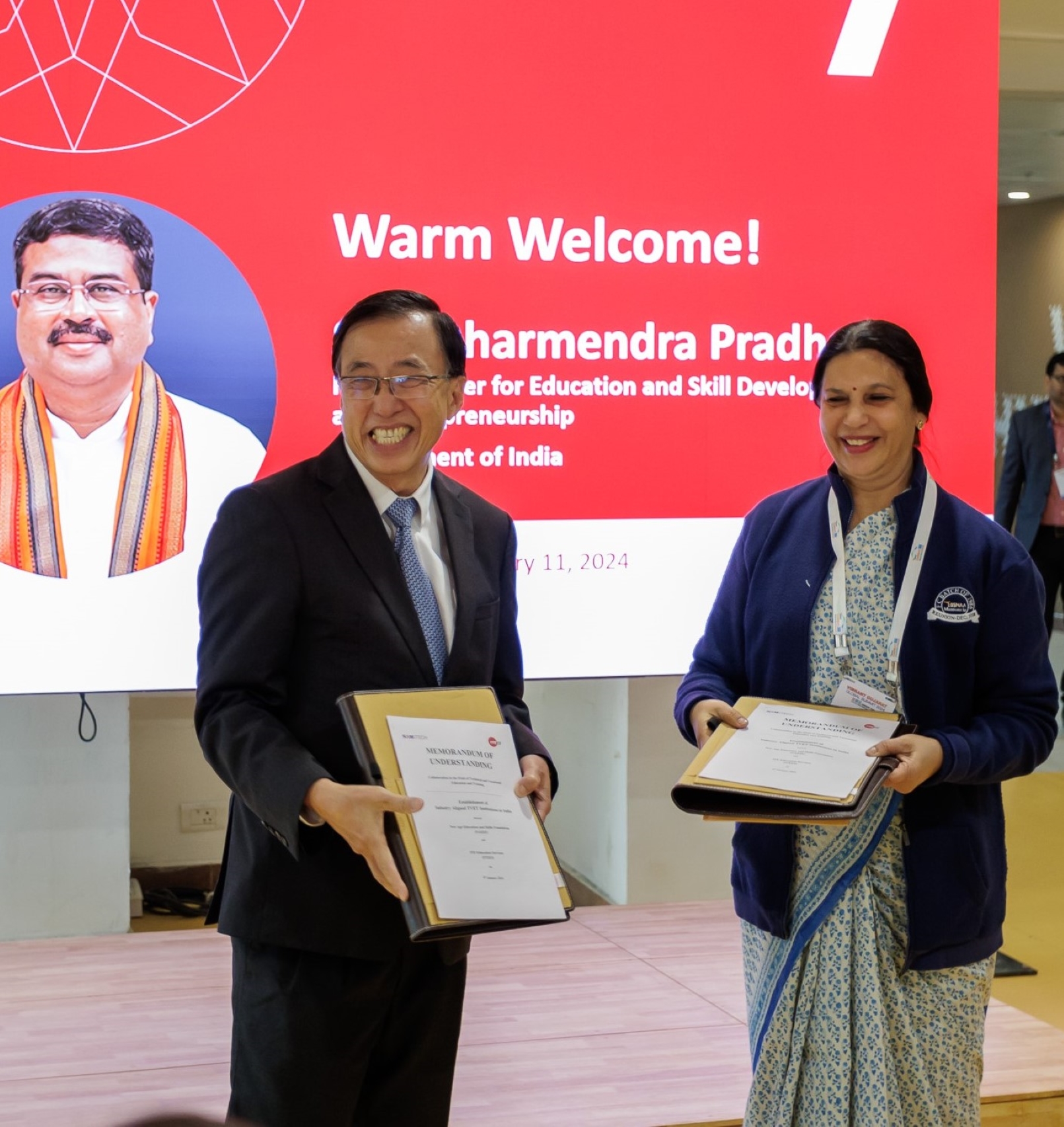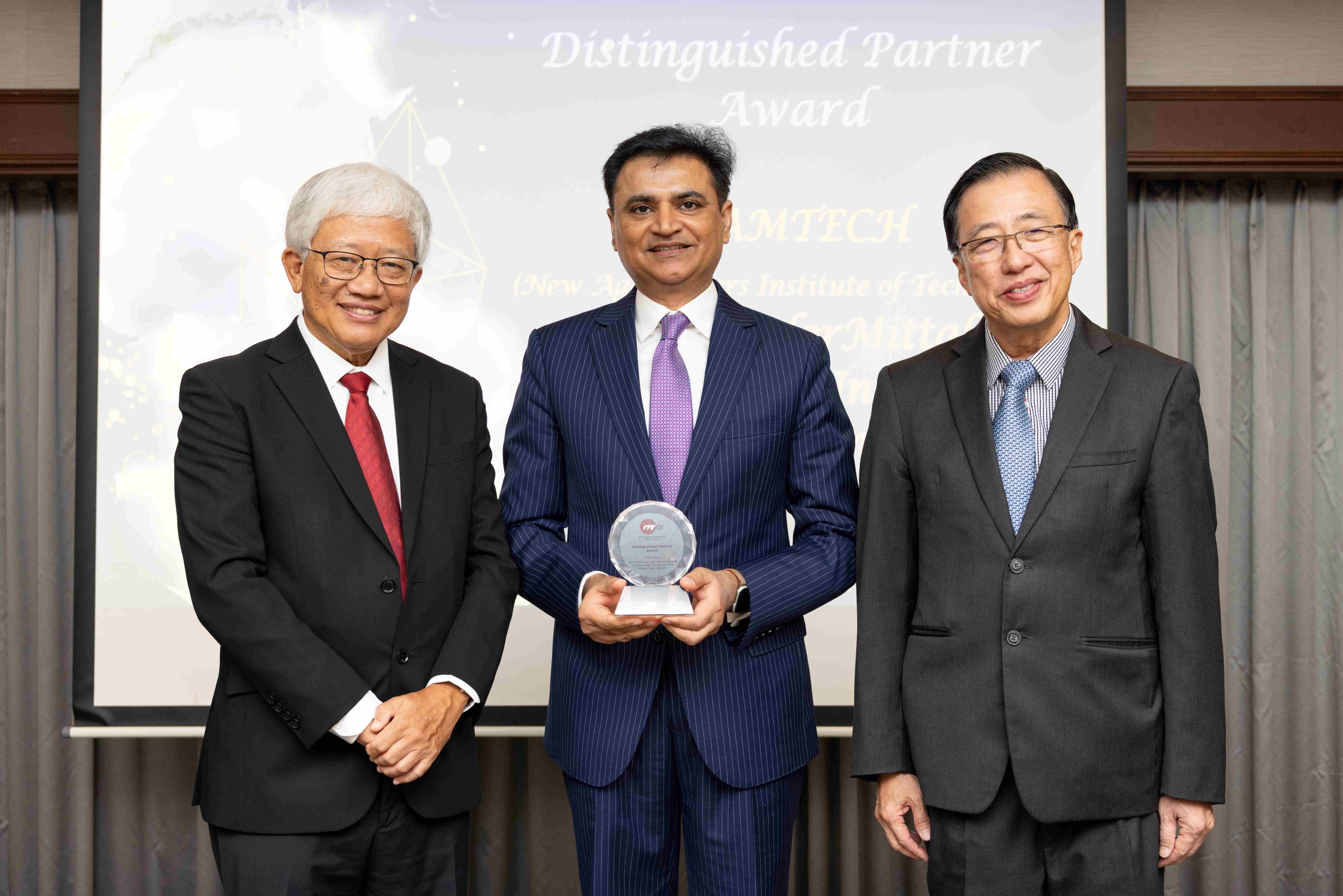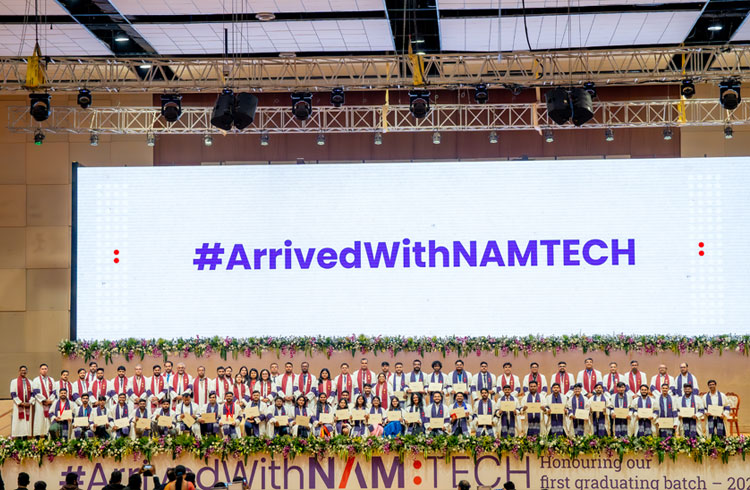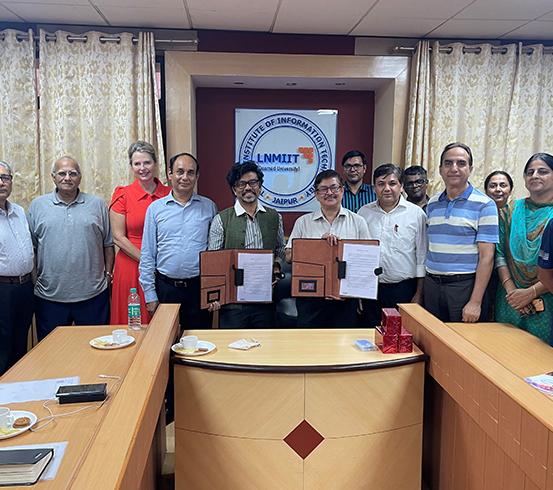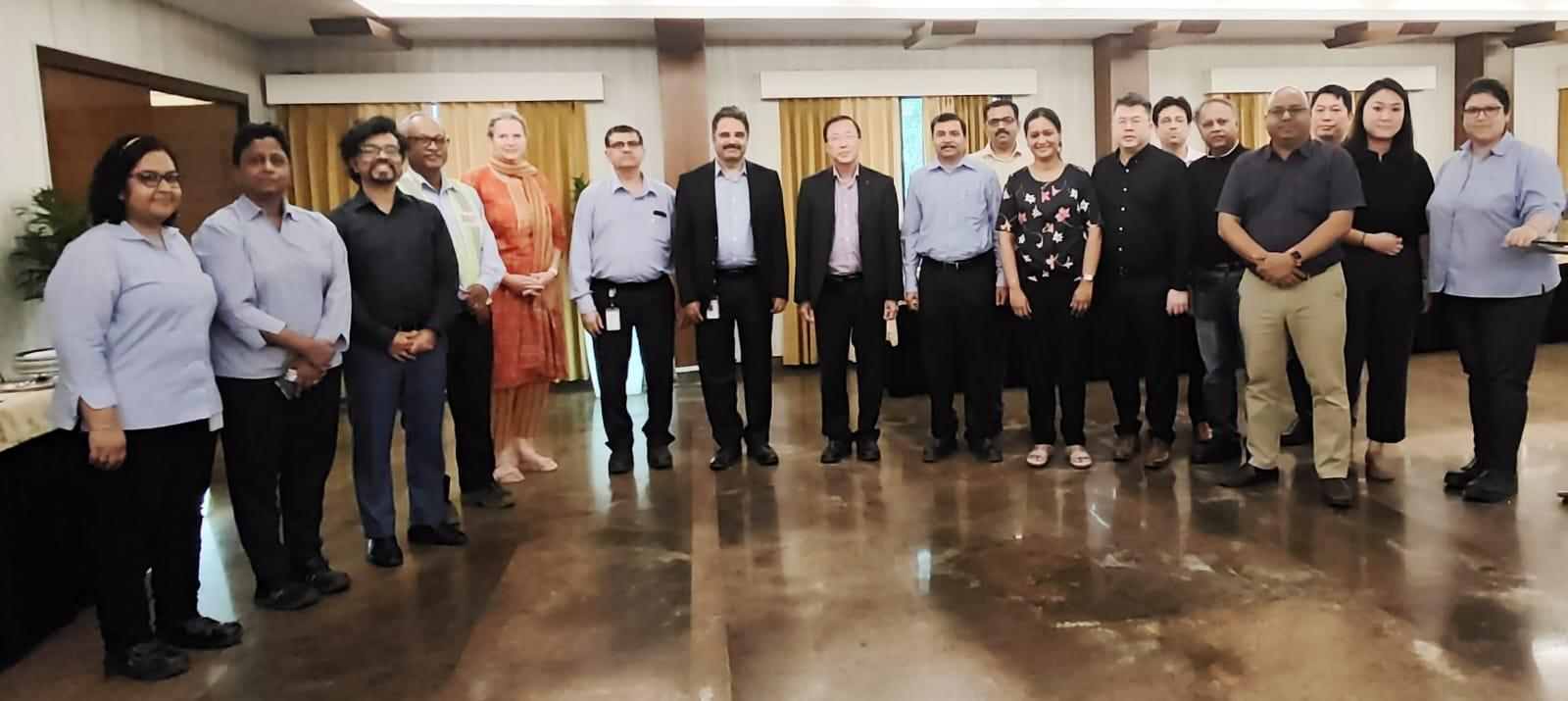There is an urgent need to revamp our engineering education, and traditional MTech and BTech need to be improved for the engineering needs of Industry 4.0 and beyond. Experts suggest universities can induct the following measures to upgrade engineering education according to industry needs;
- Experiential learning with a focus on projects and real-world experiences
- Encouraging trial and error as part of the learning process
- Learning according to rising digital space and Education 4.0
- Student-centric teaching methods and scientific principles
- Gamification
- Cultivating innovative mindset, making tech-ready with skills of Industry 4.0
How technologically prepared are our engineering institutes for smart manufacturing? According to Wikipedia, technical education infrastructure comprises 2500 engineering colleges, 1400 polytechnic schools, and 200 schools of planning and architecture. Around 15 lakh engineers graduated in 2021. However, very few institutions offer professional master’s programs aligned with future factories and smart manufacturing.
New Age Makers’ Institute of Technology (NAMTECH) is a silver spots in this scenario that provide programs like iPMP, an alternate to MTech, with exceptional learning outcomes.
Industry 4.0 needs professionals with super-specific skills. Let us begin with a tabular comparison between MTech and iPMP. We will explore iPMP program details in the latter half for your reference and commence a flourishing engineering career in 2024.
| MTech | iPMP | |
| Duration | 2-yrs Program | 1-year accelerated program |
| Placement | No Assurance | Assured Placement with minimum salary INR 8-12 LPA |
| Global Exposure | Varies among institutes | Global immersion program at TUM Asia, Singapore (included in fees) & TUM Germany (optional) |
| Future Potential | Declining | The Smart Manufacturing market is projected to be over $767.82 billion by 2025 |
| ROI | Varies among institutes | High ROI (recover investment in around 2 years) |
MTech and other traditional engineering programs must upgrade according to smart factories’ requirements and Industry 4.0. Let us explore the scope and career opportunities after the MTech and iPMP program in Smart Manufacturing.
Career Opportunities and Scope after MTech
The imprint of smart manufacturing and Industry 4.0 is evident all across agriculture, manufacturing, and other sectors. Studying traditional MTech with little learning on technologies of Industry 4.0 will make you irrelevant in the coming years.
Traditional MTech programs open career avenues in research, education, consultancy, etc. The nature of these jobs has evolved with time, and technologies have integrated diverse aspects. You require the expertise of new-age technologies like AI, ML, Virtual Reality, etc., to excel in these traditional job roles.
Smart Manufacturing Scope and the iPMP Program Details
The iPMP is an International Professional Master’s Program with an industry-aligned curriculum, assured placements, and exceptional learning outcomes. Job roles are evolving, and NAMTECH’s professional program prepares you to rule those roles in the future.
The iPMP in Smart Manufacturing is a 12-month fully residential program offered in collaboration with the Technical University of Munich (TUM), Singapore. You require BTech/BE with 65% marks in 10th, 12th, and Graduation for NAMTECH admission.
Key Reasons to Join the iPMP Program at NAMTECH
- Assured placements in leading organisations
- Minimum assured salary Rs. 8 to 12 LPA
- Get high ROI with the potential to recover investment in less than two years
- 1-Month Global Immersion Program at TUM Asia Singapore & TUM Germany*
- International faculty from industry and academia
- Up to 100% scholarship
- Women candidates are offered 100% scholarships to encourage their participation in the manufacturing scene of India
Smart manufacturing programs bridge the skill gap. People with conventional engineering degrees can use programs like iPMP, alternate to MTech, and upgrade their skill set. We will explore smart manufacturing scope and career opportunities in the following section.
Smart manufacturing integrates new-age technologies and processes like artificial intelligence, big data processing, virtualisation and advanced robotics technology. These technologies improve the efficiency of the manufacturing process and boost productivity. Also, with automation, there has been a significant spike in women’s participation in the manufacturing sector.
Rising women’s participation is one of the key highlights of Industry 4.0 and a step towards equal women’s participation in the active workforce, including manufacturing, agriculture, and other sectors. Future factories will operate in two modes: fully autonomous and semi-autonomous. In the next wave of the industrial revolution, there will be a focus on human-machine interaction.
Michael Rada, a logistics expert, coined the term “Industry 5.0” in 2015. The concept was based on recognising the influence of virtual technologies on the workforce and minimising waste in the manufacturing process.
Career Opportunities After Smart Manufacturing Program
In its detailed report, Deloitte reimagined manufacturing job roles as Industry 4.0 and digital transformation continue to redefine manufacturing processes across India and the world. The report reimagined job roles according to what leaders and workers will likely embrace in a work environment. It will be a blend of digital skills, human skills and advanced technologies for optimising productivity.
Here are smart manufacturing job roles as reimagined by Deloitte;
- The Digital Twin Engineer
- Predictive Supply Network Analyst
- Robot Teaming Coordinator
- Digital Offering Manager
- Drone Data Coordinator
- Smart Factory Manager
- Smart Safety Supervisor
- Smart Scheduler
- UAM Flight Coordinator
- Smart QA Manager
What’s Next for Smart Manufacturing in 2024 and beyond?
We have established that you require smart manufacturing programs for a flourishing career in Industry 4.0, and more than MTech or BTech will be needed in the future. IoT, AI, IIoT and other technologies are producing innovative solutions for sustainable manufacturing. It will generate over 10 million jobs by 2025, minimise manufacturing costs by up to 20%, and boost product quality by up to 50%. Automation will almost eliminate human error and manual handling.
Conclusion
MTech and iPMP should not be considered as separate compartments. BTech and MTech prepare a base of engineering subjects, and iPMP takes on from there and equips skills to operate future factories. It’s a collaboration, not superseding one another. Make an informed career move and set the rules of smart manufacturing in the future with NAMTECH’s professional programs.

